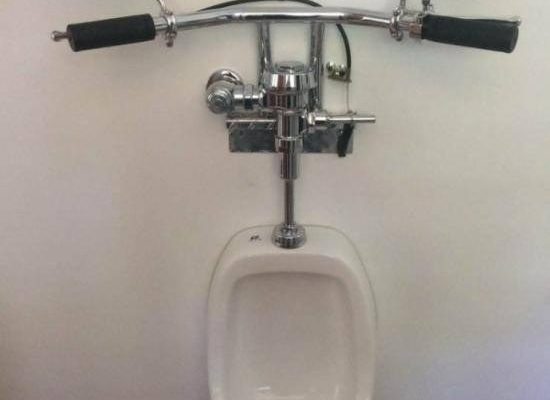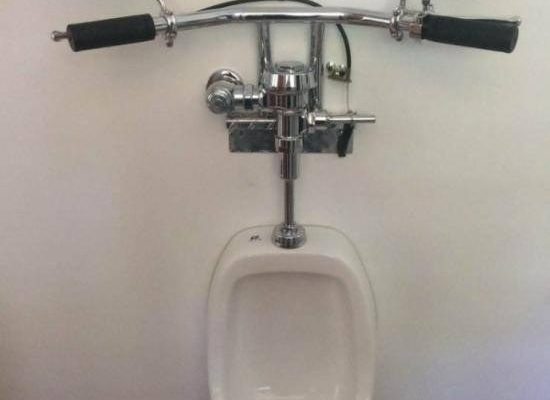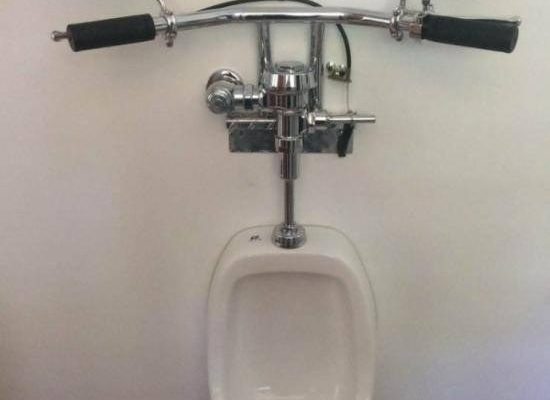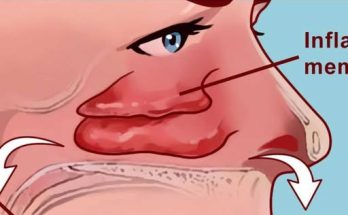Waking Up to Pee at Night? Here’s Why It Happens and How to Fix It!
Nocturia is a condition where you have to get up at night to pee. This is a common issue that can affect anyone, but it tends to be more noticeable as we get older. While waking up occasionally to urinate is normal, having to do it often can mess with your sleep and lower your quality of life. Knowing what causes this and finding good solutions are important for handling the problem.
Understanding Why You Might Wake Up at Night
There are many reasons why you might experience frequent nighttime urination, including lifestyle choices and health issues. Figuring out the main cause is key for managing it well. Here are 8 common reasons for nocturia.
#1: Aging and Bladder Changes
As we grow older, our bodies change in many ways, including how our bladders work. The bladder’s ability to hold urine decreases, and the production of antidiuretic hormone, which helps concentrate urine, also drops. These changes can lead to needing to pee more often at night.
#2: Diet and Fluid Intake Matters
What you eat or drink plays a big role in how often you wake up at night. Drinking lots of fluids like caffeinated or alcoholic drinks before bed can increase urine output. Also, certain foods like spicy or acidic ones may irritate the bladder, leading to nocturia.
#3: Health Issues That Cause Nocturia
Some health problems can lead to excessive nighttime urination, such as diabetes, heart failure, or urinary tract infections (UTIs). Each condition affects fluid balance or bladder function differently, so they need different treatments.
#4: Medications That Affect Urination
Certain medications, like diuretics, are designed to boost urine flow, which may cause nocturia as a side effect! Other drugs might indirectly make you wake up by changing sleep patterns or making you thirstier.
#5: Lifestyle Choices Matter Too
Your lifestyle choices, such as smoking or not exercising enough, can also contribute. Smoking irritates the bladder, while being inactive may cause fluid buildup, leading to more trips during the night.
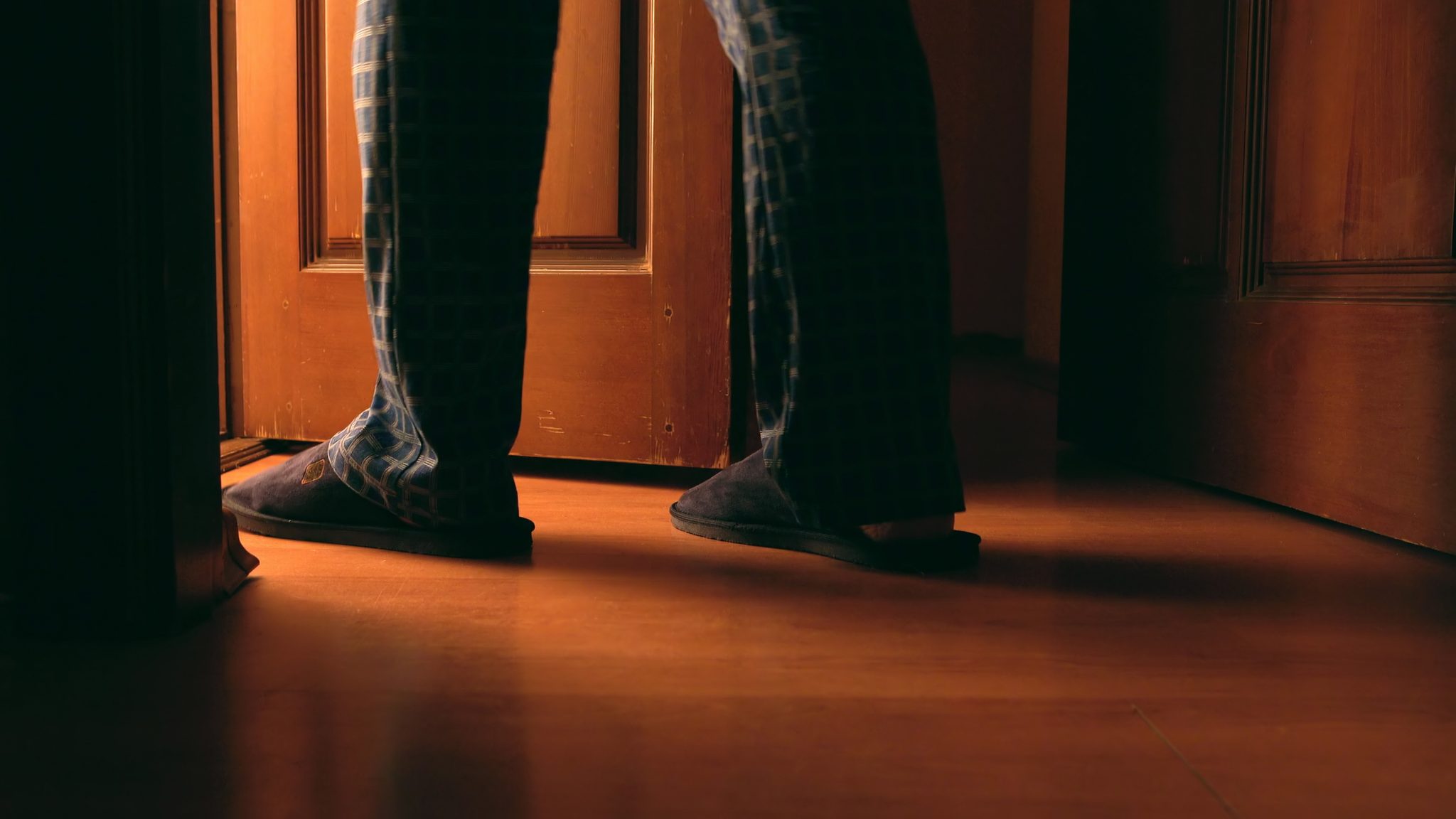
For illustration purposes only.
#6: Hormonal Changes Can Affect Bladder Control
Hormonal shifts, especially in women going through menopause, might hurt bladder function, causing nocturia too. Lower estrogen levels weaken pelvic floor muscles, making it harder to control peeing.
#7Linked With Nocturia
Sleep issues like sleep apnea could lead to waking up frequently needing to pee! The constant awakenings from these conditions make more aware of their need, even if their bladders aren’t full.
#8: & Anxiety’s Impact on Urination
Stress & anxiety really affect how our works, including peeing habits! When stressed out, your body’s fight-or-flight kicks in, increasing urine production and resulting in those late-night bathroom runs.
How To Diagnose Underlying Problems
To treat nocturia properly, it’s important to figure out what’s causing it first. This could involve checking medical, doing physical exams, testing urine, and imaging studies. A healthcare provider find the best way to diagnose this issue.
An That Work!
Making simple changes in daily life often helps with nocturia. Limiting fluid intake during evenings, avoiding things that irritate your bladder, plus doing pelvic floor exercises all help. Also, elevating throughout the day prevents fluid retention.
Treatments And Medical Options Available!
If lifestyle adjustments don’t work, then medical treatments might be needed. These include medications that reduce urine output, treat underlying conditions, or even if anatomical problems affect bladder function.
When To Get Professional Help
If waking up frequently impacts significantly, seek . Ongoing nocturia could signal serious health issues requiring professional diagnosis and
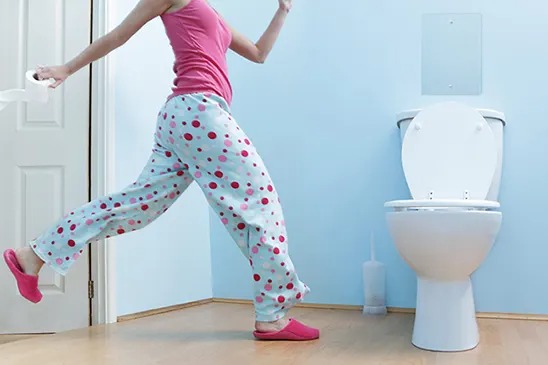
For illustration purposes only.
Conclusion: Managing Nocturia For Better Sleep
Nocturia can be annoying, but with the right treatment, it’s manageable! By understanding causes and exploring both lifestyle changes and medication options, individuals can improve their sleeping patterns and overall well-being.
